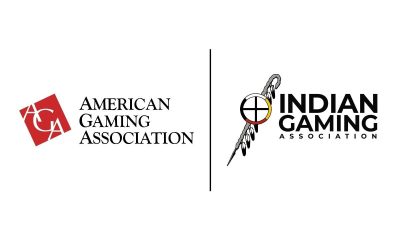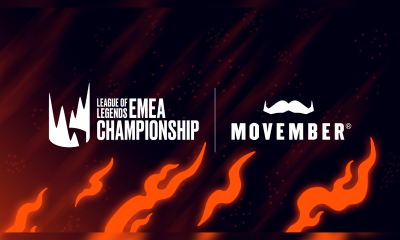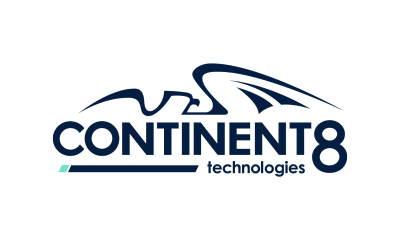Compliance Updates
Supremeland Gaming Moves into the United States Gaming Market After Gaining Landmark Approval in Pennsylvania

The innovative brand is set to pave the way for unprecedented gaming excellence and innovation in ‘The Keystone State’
Supremeland Gaming Incorporated (Supremeland Gaming), the dynamic and innovative iGaming challenger, is thrilled to announce the attainment of its first-ever gaming approval in the United States, marking a significant milestone in the company’s expansion strategy. The studio has received official interim authorization from the state of Pennsylvania, a key market for the gaming industry in the United States.
The approval allows Supremeland Gaming to operate in the state of Pennsylvania and propels it into a new era of opportunities and growth on the global stage. The brand is set to unveil multiple explosive titles in the coming months designed by the in-house design studio Powderkeg with an unwavering commitment to delivering unparalleled entertainment experiences.
“Securing our first United States gaming approval in Pennsylvania marks not just a milestone, but a testament to our commitment to innovation and the limitless possibilities that lie ahead,” the Executive Chairman for Supremeland Gaming, Johan Apel, said. “With ‘The Keystone State’ as our gaming canvas, we eagerly anticipate transforming the landscape, pushing boundaries and creating immersive experiences that resonate within this new American base.”
With a team of skilled developers, designers and storytellers, the company is committed to delivering games that will captivate audiences and establish Supremeland Gaming as a prominent player in the United States iGaming industry.
“We are thrilled to have obtained our first approval in the United States and we couldn’t be more excited to introduce our titles to the American iGaming community,” the Chief Executive Officer for Supremeland Gaming, Rickard Ohrn, said. “This is a momentous occasion for Supremeland Gaming and we are eager to contribute to the vibrant gaming culture in Pennsylvania and beyond.”
For more information, visit Supremeland. io.
Compliance Updates
Dabble introduces GeoComply’s digital identity platform, achieving 90%+ KYC pass rates and gaining deeper fraud visibility through device and location intelligence

Dabble, the fast-growing social-first sports betting operator, today announced it has now introduced precise device and location intelligence into its KYC process—an innovative move that has enabled the operator to achieve KYC pass rates above 90% while gaining unprecedented visibility into identity theft and fraud threats. In partnership with GeoComply, these results demonstrate a new model for regulated market entry, where operators can meet strict UKGC compliance requirements while simultaneously reducing friction and strengthening fraud defenses.
GeoComply’s Digital Identity Platform combines identity verification with device integrity, precise location signals, behavioural intelligence, and network-level insights from more than 200 million devices—powering a deeper, real-world view of identity that static, documentation-based KYC checks routinely miss. Dabble selected GeoComply to strengthen its KYC framework with this real-world identity model, ensuring full UKGC alignment while moving beyond traditional approaches that rely solely on documents and databases.
“We didn’t just want to tick a regulatory box,” said Anthony Cugnetto, Head of Product at Dabble. “Having worked with GeoComply in the US, we understood the potential of grounding identity in precise device and location intelligence — not only for compliance and anti-fraud, but for growth.”
“By integrating these real-world signals into our KYC process, we’re seeing higher pass rates, lower friction, and far greater visibility into the funnel earlier in the user journey — allowing us to detect highly advanced identity misuse that traditional UK checks simply can’t see. GeoComply gives us a level of confidence in user identity that wasn’t possible before.”
Precise location, device, and behavioural data reveal previously undetected patterns
Within the first weeks of rollout, GeoComply surfaced coordinated patterns of fraudulent activity—insights that legacy KYC approaches built on static, point-in-time identity checks typically cannot detect:
- A single residential address in Preston was home to +250 “unique” devices, revealed to be a bonus-abuse cluster. GeoComply detected device manipulation across identical device models, upon which +250 accounts were created using inconsistent identity attributes—behaviour aligned with stolen or synthetic ID use. This group was actively exploiting Dabble’s welcome and referral promotions.
- What looked like ~2,000 “unique” devices turned out to be a concentration of emulator- and VM-like environments in central London. GeoComply’s precise location and device integrity signals surfaced advanced spoofing patterns and anomalous device behaviour associated with mass account-creation attempts. These attempts would have bypassed traditional geolocation and KYC controls used by others in the UK market, but were exposed through GeoComply’s device integrity and anti-spoofing controls.
- Stolen and synthetic identities that would have passed traditional KYC checks were surfaced, revealed when cross-referenced against GeoComply’s device integrity signals, behavioural markers, location consistency, and high-risk email-domain correlation.
- Email-intelligence signals showed 97–98% precision, correlating with accurate location and device risk signals to reinforce suspicious clusters and providing early-stage validation of identity misuse.
These findings were detected even before automated blocking was enabled, proving the power of grounding identity in real-world signals rather than static data sources.
High conversion, low friction — a breakthrough for regulated market entry
Despite exposing sophisticated identity misuse, legitimate players moved through onboarding seamlessly:
- KYC pass rates of +90%
- 80–85% voluntary opt-in to device and location checks
- Low false positives, enabling faster approvals and fewer manual reviews
- Minimal engineering lift, thanks to Dabble’s existing integration with GeoComply in the US
“Dabble’s innovative approach proves what operators everywhere are beginning to realize: the old way of doing things is broken,” said Kip Levin, CEO of GeoComply. “Fraudsters can fake documents, manipulate devices, and spoof IP—but they can’t fake physics. By grounding identity in real-world signals, Dabble has set a new benchmark for how operators can protect users, increase trust, and accelerate onboarding. And they’re doing it without adding friction.“
Dabble creates a repeatable blueprint for global expansion
Dabble’s UK entry showcases a new industry standard for regulated market launches:
- Identity verification that supports high conversion
- Real-world identity signals that fraudsters cannot fake
- A modular platform that scales across jurisdictions
- A unified, truth-based view of users from the first interaction
Together, these capabilities provide operators with a repeatable, scalable model for entering new regulated markets with confidence.
The post Dabble introduces GeoComply’s digital identity platform, achieving 90%+ KYC pass rates and gaining deeper fraud visibility through device and location intelligence appeared first on Eastern European Gaming | Global iGaming & Tech Intelligence Hub.
American Gaming Association
Joint AGA-IGA Letter Addressing Unregulated Sports Event Contracts
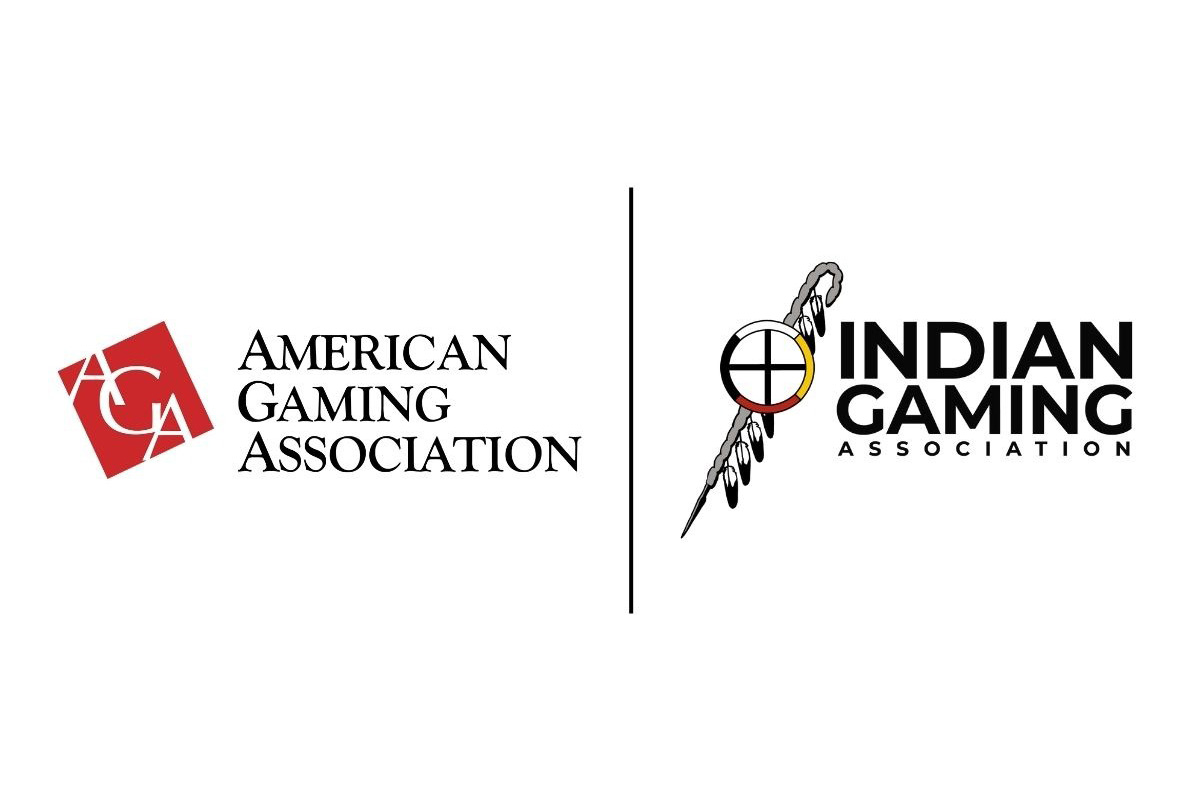
Below is a joint letter from the American Gaming Association and Indian Gaming Association on addressing unregulated sports event contracts in upcoming cryptocurrency market structure legislation.
Dear Members of the United States Senate and House of Representatives,
On behalf of the American Gaming Association (AGA) and the Indian Gaming Association (IGA), we write to urge timely congressional action to address the explosion of unregulated sports event contracts being offered by prediction markets. Since these contracts, that are indistinguishable from legal sports betting, were launched last January, they have grown exponentially in trading volume and have expanded beyond the outcome of single games to include complex parlays and even potential wagers on the collegiate transfer portal. This growth has occurred by exploiting regulatory inaction by the Commodity Futures Trading Commission (CFTC), which undermines state law and tribal sovereignty and flies in the face of existing federal laws and regulation intended to protect consumers and the integrity of our nation’s financial markets. We firmly believe that congressional consideration of cryptocurrency market structure legislation provides an important, bipartisan opportunity to prevent sports betting and casino gambling under the guise of “event contracts.”
Together, our associations represent the legal regulated gaming industry in the United States that generates $329 billion in annual economic impact, produces $53 billion in tax revenue, and supports 1.8 million jobs. As one of the most highly regulated industries in the United States, licensed gaming operators work with more than 8,400 state and tribal regulators across the country to ensure our industry has transparency, integrity, strict consumer safeguards and responsible gaming practices. It’s a proven framework that ensures local control and protects players and the public while delivering billions of dollars in community benefits.
For decades, we have followed a uniquely American approach to gaming – an approach that has been the foundation of our success. This system gives the people a voice on whether and how to allow gaming, which creates a social contract between states, tribes and our industry: when we earn the privilege to enter your community, we deliver benefits in return.
In 2018, the Supreme Court overturned the Professional and Amateur Sports Protection Act and ruled that states have the right to determine whether to legalize sports betting. Since then, 39 states and the District of Columbia have done so, which in many jurisdictions has included close coordination with tribal authorities. Where sports betting has been legalized, states and tribes have set strict guardrails to ensure strong protections such as:
• Minimum betting ages (21+ in most jurisdictions)
• Licensing and suitability requirements for operators
• Anti-money laundering (AML) and Know Your Customer (KYC) protocols
• Mandatory responsible gaming resources, including self-exclusion programs
• Independent integrity monitoring and compliance audits
In contrast, several CFTC registered prediction market platforms have made self-certified event contracts available to anyone 18 and over, in all 50 states, circumventing state and tribal gaming laws and denying states and tribes hundreds of millions of dollars of critically needed revenue for schools, roads and first responders. The CFTC has not reviewed or approved any of these contracts as more entities enter the market, and their offerings get more audacious.
The CFTC’s own regulations – adopted pursuant to the Commodity Exchange Act (CEA) – prohibit event contracts regarding terrorism, assassination, war, gaming, or an activity that is unlawful under any State or Federal law. According to 39 state Attorneys General, these contracts are contrary to their state laws. They violate the Indian Gaming Regulatory Act (IGRA) that gives tribes exclusivity to offer gaming products on their land. Sports event contracts also violate the federal Wire Act that makes it illegal to offer sports wagers across state lines.
And while the gaming industry has focused our efforts on stopping unregulated sports wagering, we have seen a troubling proliferation of other concerning betting categories that seek to capitalize on tragedy, invite manipulation, and undermine public trust. Most recently, questions and concerns have been raised regarding contracts tied to the capture of Venezuelan President Nicolas Maduro and ongoing armed conflicts abroad – categories that would never be permitted under state or tribal law.
These contracts are being offered in flagrant disregard of state laws, tribal sovereignty, the Commodity Exchange Act, and CFTC regulations. They mislead consumers into believing that a sports bet is an investment, fail to protect the young and the vulnerable, open the door to money laundering, match fixing and insider trading. They rob state budgets and tribal finances while simultaneously forcing states and tribes to expend massive legal resources to defend their sovereignty.
During his confirmation hearing, Chairman Selig made it clear that the CFTC would not rein in sports betting contracts under his leadership, instead deferring to the outcome of litigation that could take years to be fully resolved. However, Mr. Selig also said that the CFTC would follow Congress if they were to step in and speak on these contracts. Therefore, it is critical that Congress act swiftly to include legislative language in the cryptocurrency market structure legislation that reenforces existing law and prohibits gaming through CFTC-registered platforms. We stand ready to work with you on this issue and appreciate your consideration.
Sincerely,
Bill Miller
President & CEO
American Gaming Association
David Z. Bean
Chairman
Indian Gaming Association
The post Joint AGA-IGA Letter Addressing Unregulated Sports Event Contracts appeared first on Americas iGaming & Sports Betting News.
Compliance Updates
Swedish Gambling Authority Fines L&L Europe Over Information Failures
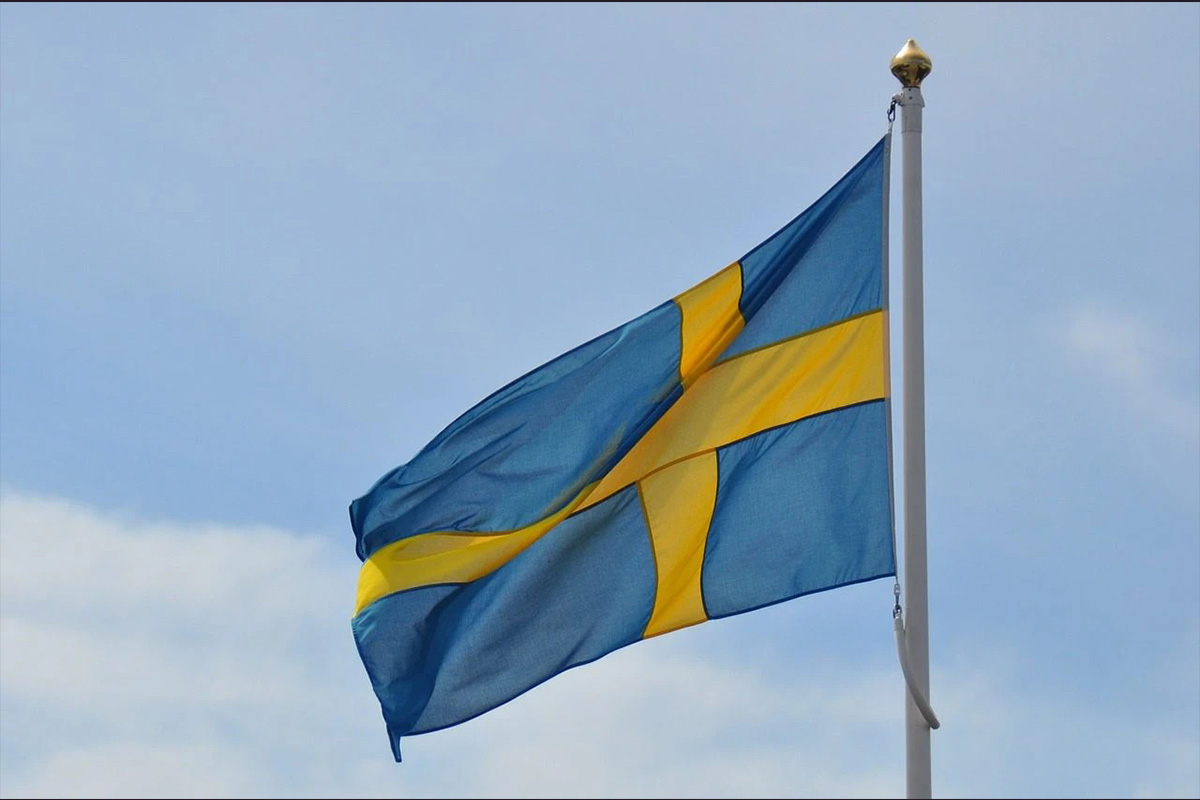
The Swedish Gambling Authority has reviewed L&L Europe Limited’s websites offering games and found shortcomings in the company’s information responsibility. The company is therefore being issued with a reprimand and a sanction fee of SEK 80,000.
The review shows that information to varying degrees has been missing from all websites. Among other things, the licensee’s telephone number and email address have been missing from the home pages. Several of the websites have also lacked information about the risks that may be associated with gambling.
The post Swedish Gambling Authority Fines L&L Europe Over Information Failures appeared first on Eastern European Gaming | Global iGaming & Tech Intelligence Hub.
-

 Alex Baliukonis Game Producer at BGaming7 days ago
Alex Baliukonis Game Producer at BGaming7 days agoCrack the Vault in BGaming’s Mystery Heist
-

 Austria6 days ago
Austria6 days agoEU Court Ruling on Online Gambling Liability: Players Can Sue Foreign Operators’ Directors Under Their Home Country Law (Case C-77/24 Wunner)
-

 Central Europe7 days ago
Central Europe7 days agoRing Casino in Nürburgring at the Finish Line with NOVOVISION
-

 Latest News6 days ago
Latest News6 days agoSKIP THE QUEUE WITH THE MIDNITE SHUTTLE: MIDNITE TEAMS UP WITH SNOOKER LEGEND TO OFFER FANS A FREE SHUTTLE SERVICE FROM ALLY PALLY STATION
-

 Continent 8 Technologies6 days ago
Continent 8 Technologies6 days agoContinent 8 and CEO Michael Tobin claim number one spot in GamblingIQ’s global ‘Security 10’ rankings
-

 000x6 days ago
000x6 days agoPragmatic Play Sweetens Slots with Sugar Rush Super Scatter and Massive 50,000x Wins
-

 Balkans7 days ago
Balkans7 days agoCT Interactive Appoints Vasil Parvanov as Team Lead, Commercial Managers
-

 10 Alebrijes Eternal6 days ago
10 Alebrijes Eternal6 days agoAmusnet Releases “10 Alebrijes Eternal” Slot







